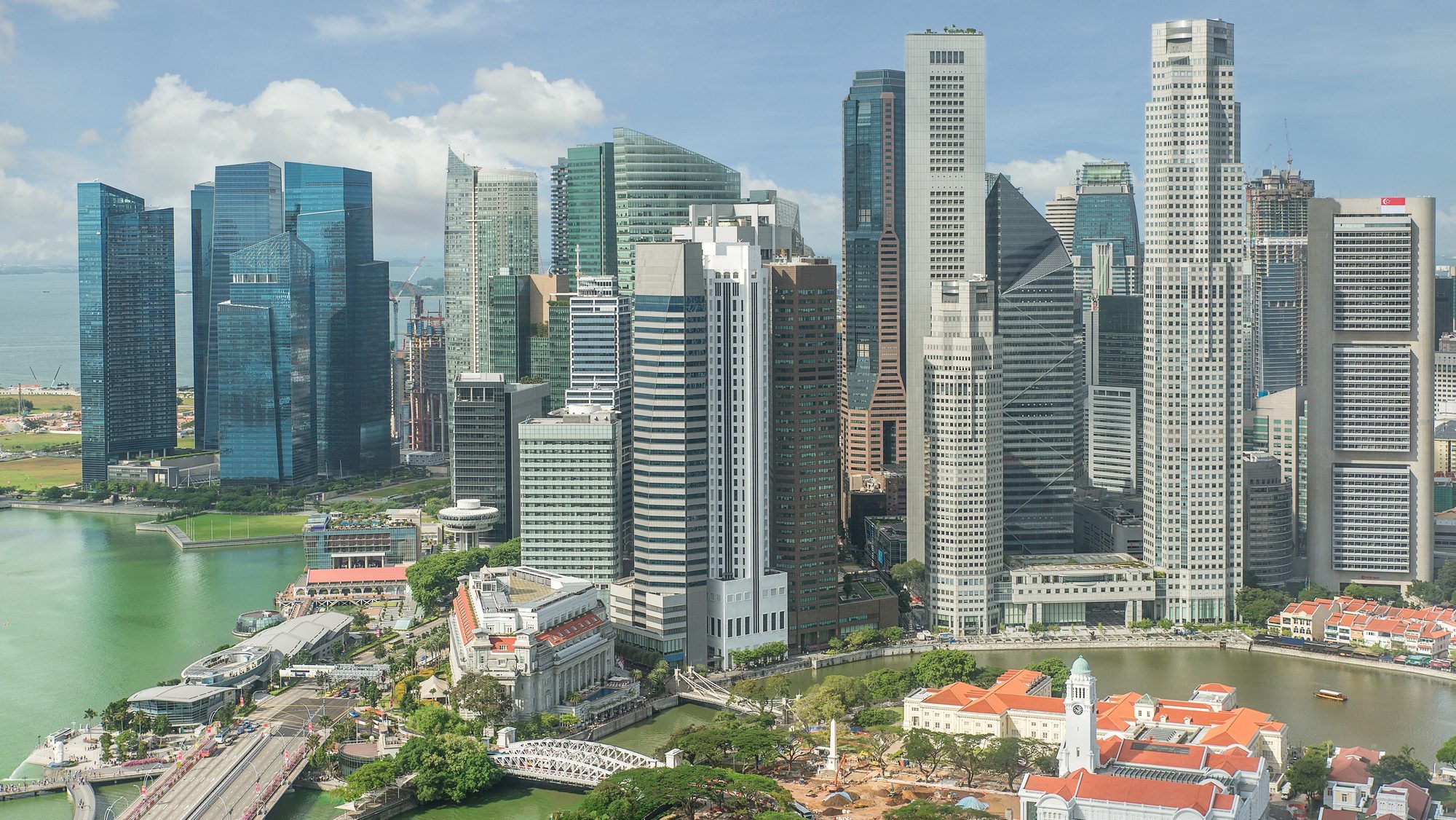SINGAPORE: Payment delays among local companies have reached a three-year low, according to a report from the Singapore Commercial Credit Bureau (SCCB) released on Oct 7.
Slow payments have also improved for the fifth consecutive quarter in 3Q2024. Despite this, SCCB’s CEO, Audrey Chia, has urged firms to continue monitoring their cash flows.
She explained, “The overall improvements in payment performance for 3Q2024 is a sign of greater prudence among local firms in optimising their cash flows and extending the appropriate credit terms.”
However, she cautioned that businesses should exercise greater vigilance to mitigate potential risks of payment delinquency amid market uncertainties, even with the overall improvements in payment performance.
According to The Edge Singapore, slow payments dropped by 0.07 percentage points (ppts) to 44% in 3Q2024, down from 44.07% in 2Q2024. Year-on-year (YoY), slow payments also fell by 0.25 ppts to 44% in 3Q2024, down from 44.25% in 3Q2023.
Prompt payments also improved, increasing by 0.09 ppts quarter-on-quarter (QoQ) to 41.2% in 3Q2024, up from 41.11% in 2Q2024. Prompt payments rose by 0.24 ppts YoY to 41.2% in 3Q2024, compared to 40.96% in 3Q2023.
Prompt payment is when 90% or more of the total bills are settled on time, while slow payment happens when less than 50% of bills are paid within the agreed terms.
Partial payments fall between 50% and 90% of bills settled on time. Prompt and slow payments made up just over two-fifths of all payment transactions.
In addition to tracking payment behaviours among companies, the report also considered how payments affected construction, manufacturing, retail, services, and wholesale.
The report found that QoQ slow payments fell in three of the five industries in 3Q2024, while four of the five industries saw YoY improvements in slow payments. Both the construction and manufacturing sectors saw increases in slow payments.
In the construction industry, slow payments rose slightly by 0.02 ppts QoQ, to 55.26% in 3Q2024, from 55.24% in 2Q2024. Meanwhile, slow payments decreased by 0.14 ppts YoY to 55.26% in 3Q2024 from 55.4% in 3Q2023.
The manufacturing sector also experienced an increase in slow payments for the second consecutive quarter, attributed to a decline in payment delays among manufacturers of instruments, chemicals, and general goods.
On a quarterly basis, slow payments rose by 0.07 ppts to 39.15% in 3Q2024, from 39.08% in 2Q2024. Meanwhile, on a yearly basis, slow payments increased by 0.03 ppts to 39.15% in 3Q2024 from 39.12% in 3Q2023.
The retail sector also saw a decline in payment delays in 3Q2024, driven by reduced slow payments from general merchandise retailers, fashion apparel, furniture, and home furnishings.
Slow payments fell by 0.03 ppts to 43.12% in 3Q2024, from 43.15% in 2Q2024, while on a yearly basis, they decreased by 0.10 ppts to 43.12% in 3Q2024, from 43.22% in 3Q2023.
In the services sector, slow payments improved for the sixth consecutive quarter due to fewer payment delays in the health, professional, and consumer services sub-sectors.
On a quarterly basis, slow payments dropped by 0.23 ppts to 42.35% in 3Q2024, from 42.58% in 2Q2024, while on a yearly basis, the services sector saw a more substantial drop of 0.67 ppts to 42.35% in 3Q2024, from 43.02% in 3Q2023.
In wholesale trade, payment delays improved in 3Q2024, thanks to a decrease in slow payments among wholesalers of both durable and non-durable goods.
Payment delays dropped by 0.18 ppts, to 40.10% in 3Q2024, from 40.28% in 2Q2024. Meanwhile, slow payments decreased by 0.40 ppts YoY, also to 40.10% in 3Q2024, compared to 40.05% in 3Q2023. /TISG
Featured image by Depositphotos

